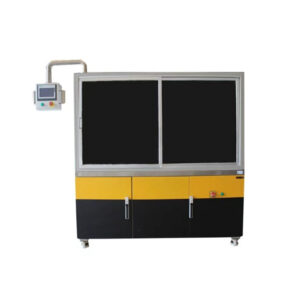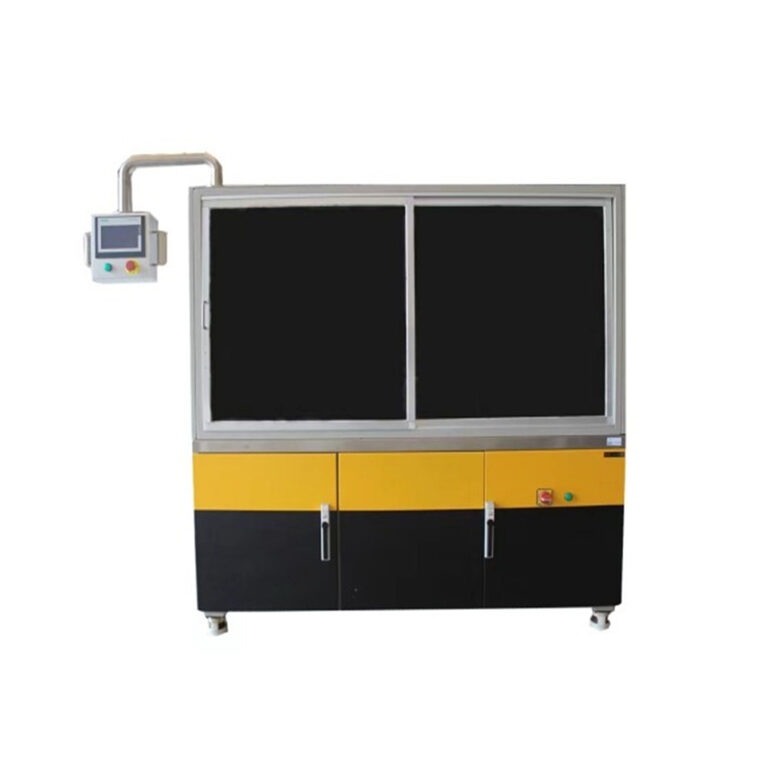Zero degree polymer material uniaxial stretching instrument
Every uniaxial tensile tester manufactured by Zero Point One can achieve high-standard performance requirements. As a professional uniaxial tensile tester manufacturer, we implement strict quality control on the manufacturing process of each equipment and the progress of non-standard equipment projects. The spare parts used in the equipment are strictly reviewed, and every component of each equipment is fully inspected. From design, procurement to production, we pay attention to every detail.

Basic steps for using polymer material tensile testing machine
1. Please read the product manual carefully before use to understand the measuring range and structure of the equipment. This equipment has applied for a number of patent technologies. Please comply with legal rights and responsibilities for related matters.
2. Turn on the power and confirm whether the machine is powered and displayed normally;
3. Prepare the test materials and samples according to the requirements, and clamp the samples with the provided fixtures; 4. According to the test requirements, set the test materials and methods, test speed, test temperature, test unit, deformation unit, etc. For materials with odor, please turn on the air purification device before heating to keep the indoor air in compliance with the requirements.
5. Raise the temperature and set the test temperature of the material. When the temperature is constant, the test can begin.
6. Start the test and carefully monitor the changes of the sample during the test from the observation window;
7. After the test is completed, fill in the test report to determine whether it is qualified;
8. After the test, turn off the machine power and clean up;
9. Routine maintenance;
2. Application of molecular material uniaxial stretching instrument
The uniaxial tensile tester is also called uniaxial tensile tester and polymer material tester. The uniaxial tensile tester heats and stretches various polymer materials, characterizes the mechanical properties of the materials under a specific stretch multiple, and is suitable for testing the physical tensile properties of various polymer materials. It is an indispensable testing equipment for physical tests, teaching research, quality control, etc. It is mainly used in the fields of polymer sheets, films, capillaries, etc. The different tensile forces and related changes generated at different ambient temperatures are intuitive and practical.

